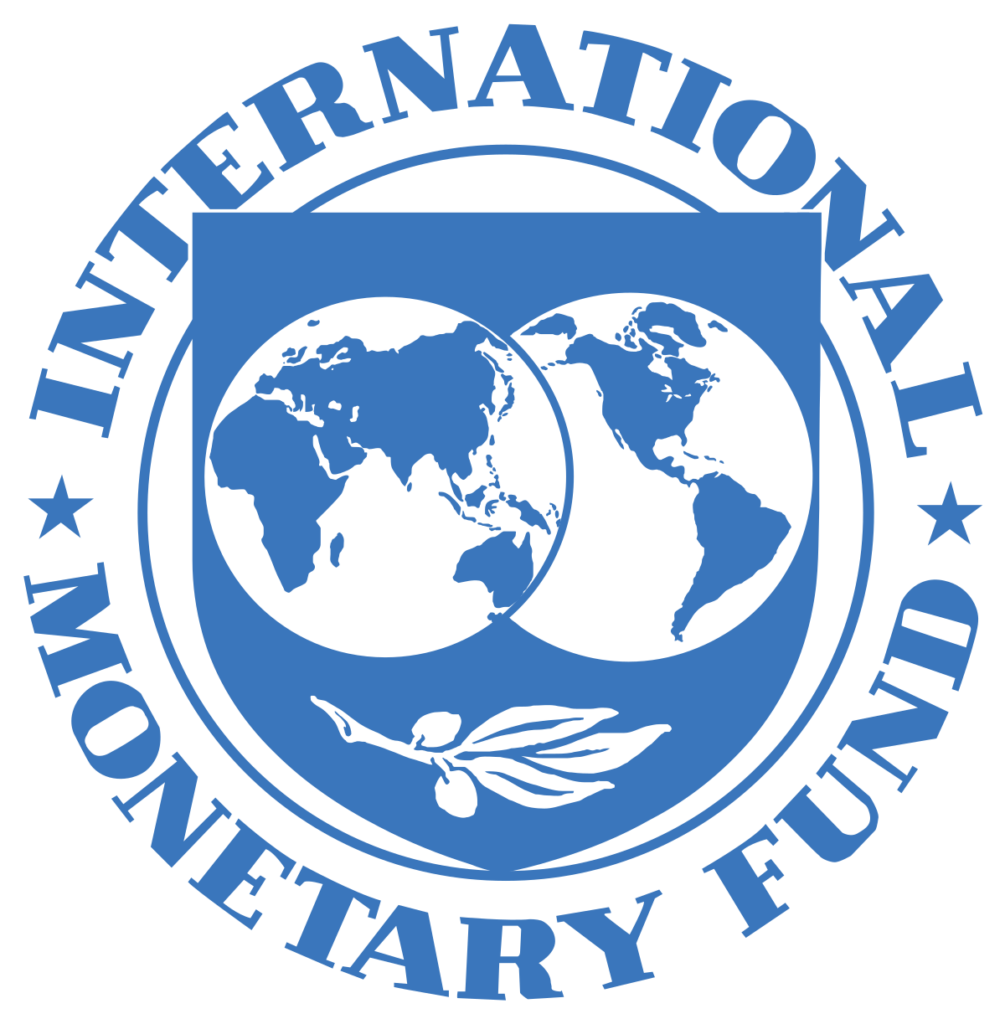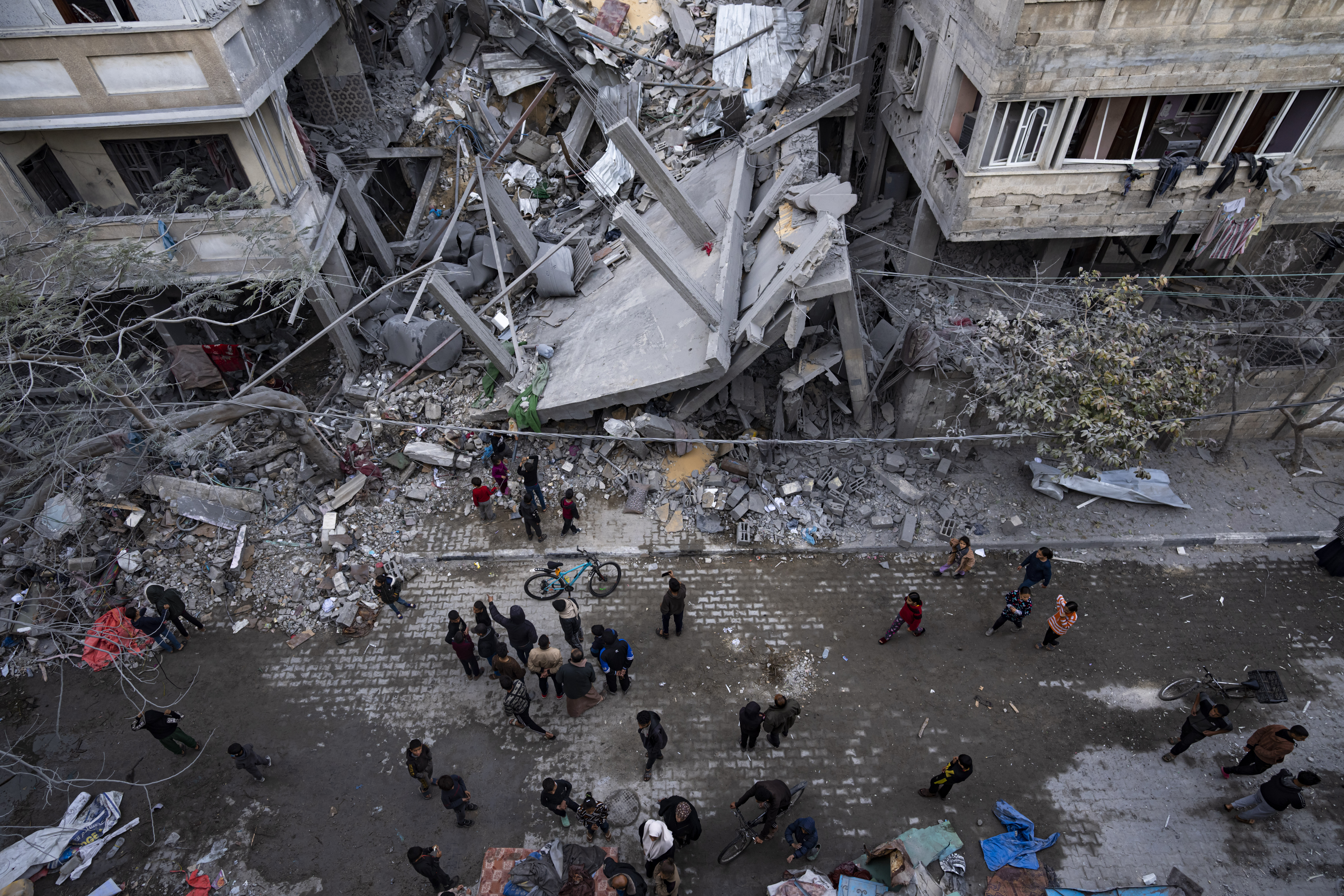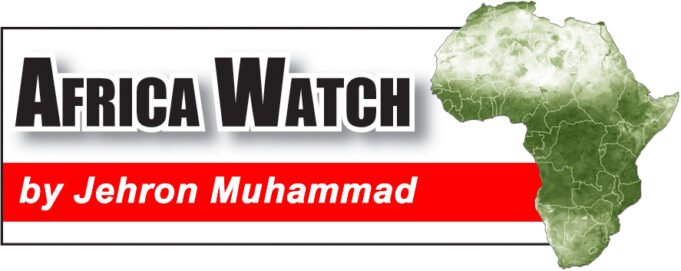While viewing OXFAM America’s recent forum on “Remaking Global Economic Governance For A Post-Neoliberal Era,” the Honorable Minister Louis Farrakhan’s words about the standard by which doing “good” is measured came to mind.
Discussing the doing of good or retooling the neoliberal policies of the past to somehow benefit the recipients of capitalism’s history of exploitation, sounds more like an oxymoron than a reality.

Minister Farrakhan, a spiritual man, emphasized “good” as having to be “qualified by God who is good.” He explained, “So what you take as good, and I take as good from the definition of a man that’s no good, well, we would have to check what standard are we using to measure goodness.”
The U.S. and Europe have a long history of human capital and mineral resource exploitation in Africa. During the Washington, D.C., forum by OXFAM, Dr. Adriana Abdenur, the Special Advisor to Brazil President Luis Inacio Lula da Silva, exposed rich countries like the U.S. for justifying the defending of archaic industrial policies.
“In the case of the European New Green Deal, utilizing a different set of policy instruments, but they are still pushing the international financial institutions to impose an outdated prescription of Washington consensus,” she said.
It is taking “us in two directions,” Dr. Abdenur added. “For many countries, there’s the imposition from the outside of austerity (or structural adjustment programs) that creates many difficulties in terms of implementing social policies, but then there’s a partnership between this system and hyper-financialization (elaborate financial structures and human capital necessary to perpetuate them) approach. They work hand-in-hand.”
Then there is the case of the “crisis of sovereign debt,” the policy expert explained as “a very clear example where countries get locked into the system, and they spend more on debt payment than on education and health.”
Add to that, she said, is the fact there’s “a massive amount of the world’s population living in these countries, and they can’t dig themselves out of this hole.” Dr. Abdenur blames this on the “exorbitant” debt payments these countries are saddled with. “Because the imposition of conditionality keeps them from altering their productive structure from diversifying their economies and even from tackling challenges like climate change, or the growing digital divide. So, I think we need to think systemically in order to address, not just tweak, but really try to have deeper reforms … .”
The forum was moderated by Rana Foroohar of the London-based Financial Times. Foroohar asked the Senegalese development economist Dr. Ndongo Sylla whether the Bretton Wood system that birthed the World Bank and International Monetary Fund (IMF) could be “reformed” or whether “you’d like to start from scratch.”

Dr. Ndongo sees the institutions growing out of Bretton Woods “as not seeming to be reformable.” He said, “These institutions that coincided with the international debt crises have been (responsible) for the imposition of austerity policies.” He added that after decades in Africa and Latin America, the IMF and World Bank don’t have a good reputation.
“People remember being laid off, no more subsidies to agriculture, no more subsidies to industry … and decimation of the growth of the informal sector,” he said.
Dr. Sylla noted that institutions like the World Bank and IMF were created during a period when countries in Africa and Asia were still under colonialism.
“You generally hear about a new Bretton Woods system because it has been associated with progressive policies such as capital controls, trade controls etcetera, but nonetheless, it is still a U.S.-centric framing,” stated Dr. Ndongo.
He explained that the Global South suffered for “decades” under these instruments called “structural adjustment.” He noted, “These instruments have never been about addressing (Africa’s growing) debt crisis, but to postpone it … .”
According to the United Nations, Africa’s public debt will stay above pre-pandemic levels in 2024 and 2025, with many countries still at risk of falling into debt distress as they continue to struggle to service international loans.
Adam Elhiraika, macroeconomics and governance director of the UN Commission for Africa (UNECA), addressing a recent conference in Victoria Falls, Zimbabwe, stated, “Eight (African) countries were in debt distress, while 13 were expected to be at risk of debt distress.”
Follow @JehronMuhammad on X, formerly Twitter













